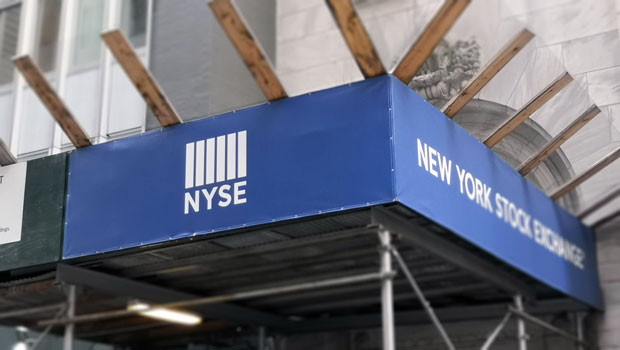
Source: Sharecast
As of 1230 BST, Dow Jones futures were up 0.16%, while S&P 500 and Nasdaq-100 futures had the indices opening 0.12% and 0.04% firmer, respectively.
The Dow closed 400.17 points higher in what was a mixed session on Tuesday after Federal Reserve chairman Jerome Powell said the central bank would have already lowered interest rates were it not for uncertainty created by Donald Trump's so-called "Liberation Day" tariffs.
Trump's tax-and-spending megabill was given the green light by the US Senate on Tuesday, with a final vote of 51-50 after vice president JD Vance cast a tie-breaking vote due to Republican senators Thom Tillis, Susan Collins, and Rand Paul joining Democrats in voting against it. The measure will now return to the House for a vote, but it still faces a somewhat uncertain future due to several Republican holdouts over objections to recent amendments.
Billionaire Tesla CEO and ex-Department of Government Efficiency head Elon Musk also voiced his disapproval of the bill, stating that those who campaigned on cutting spending but then backed the bill "should hang their heads in shame". He also said that they "will lose their primary next year if it is the last thing I do on this Earth".
Wednesday's primary focus will be ADP's June private payrolls report at 1315 BST, with economists expecting to see private employers add 120,000 jobs last month, up sharply from the 37,000 in May.
Elsewhere on the macro front, US mortgage applications rose 2.7% in the week ended 27 June, according to the Mortgage Bankers Association, extending the previous week's 1.1% increase. Applications to purchase a home were broadly unchanged, while applications to refinance a mortgage surged by 7%.
On another note, US-based employers announced 93,816 job cuts in May, according to Challenger, Gray and Christmas, the lowest reading in four months. The services sector cut the 22,492 jobs in May, the highest monthly total for the industry since May 2020. DOGE remained the leading reason for job cut announcements in 2025, cited in 284,044 planned layoffs so far this year, including direct reductions to the Federal workforce and contractors.
"Tariffs, funding cuts, consumer spending, and overall economic pessimism are putting intense pressure on companies' workforces. Companies are spending less, slowing hiring, and sending layoff notices," said Andrew Challenger.
Reporting by Iain Gilbert at Sharecast.com